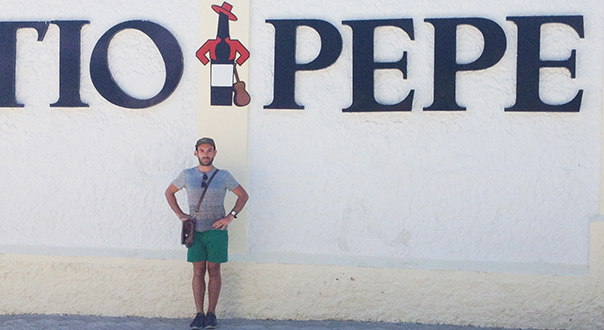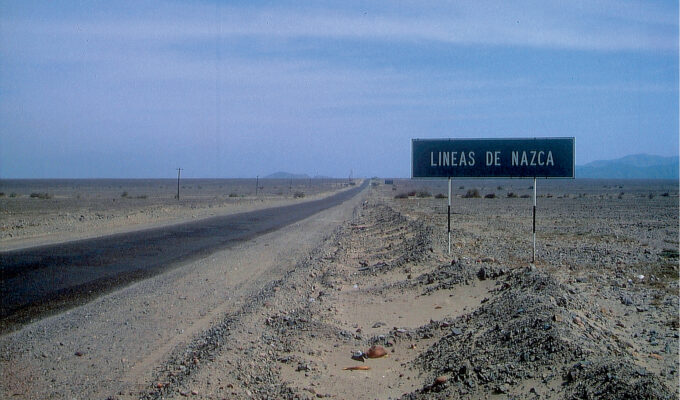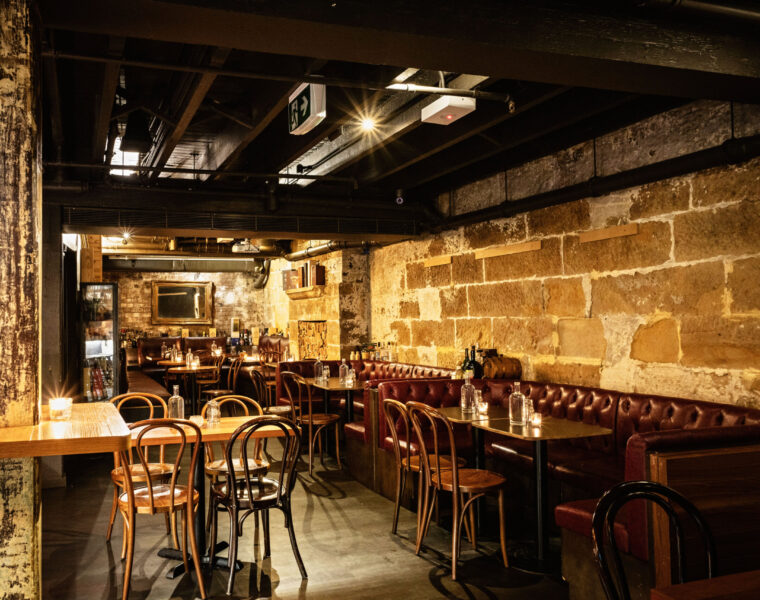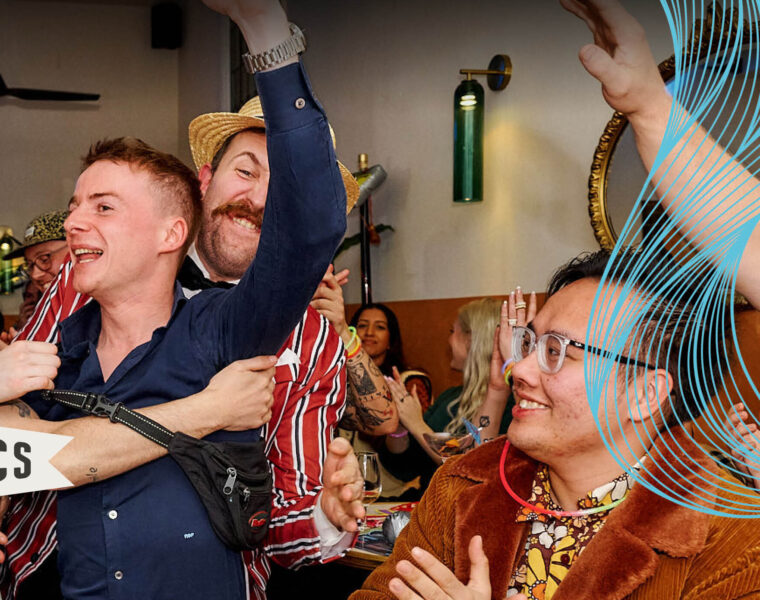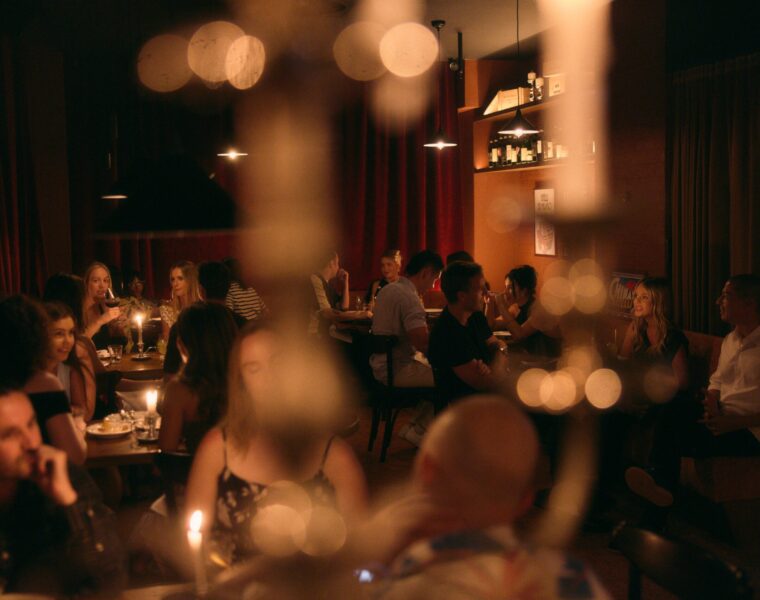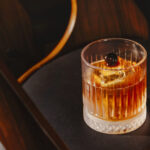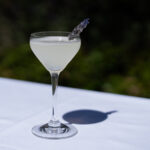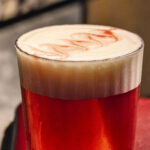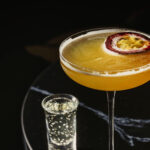Barcelona Nights
Words by David Spanton Founder, Australian Bartender
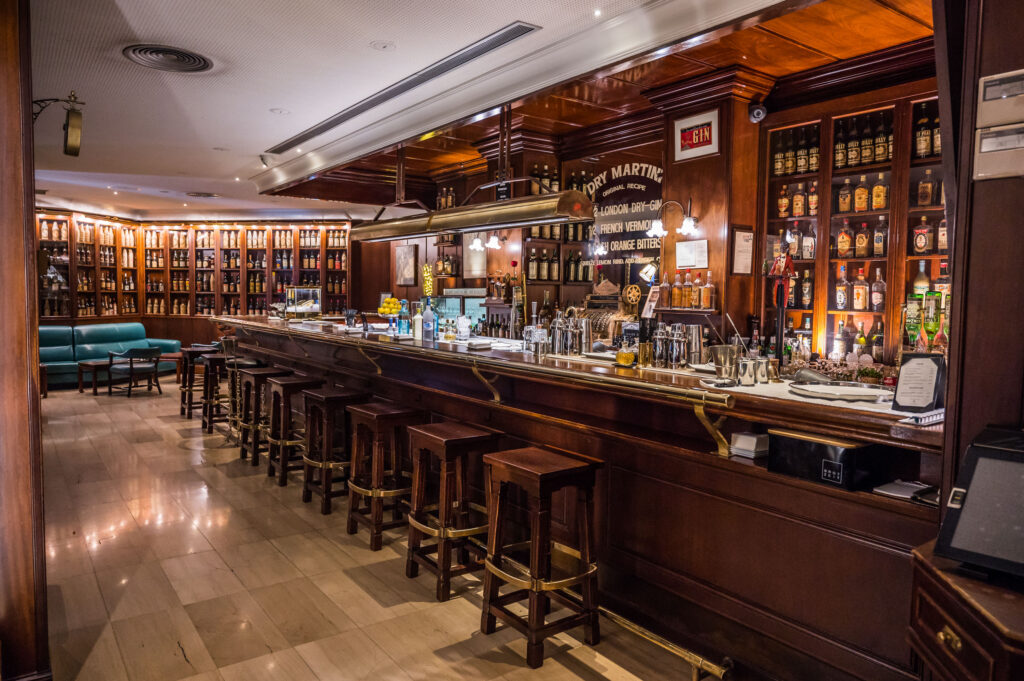
After a few vermouth-fuelled days in Barcelona – currently home to some of the best bars in the world – I made my way to Madrid, which could easily lay claim to being the world’s most exciting eating and drinking city. Over the next two issues, I’ll share highlights from both: from old-school taverns and natural wine bars to cutting-edge cocktail dens, bustling food markets, and even a brewery for good measure. This edition, it’s all about Barcelona – stay tuned for the Madrid round-up next month.
Bodega Marín, Barcelona
This lively hole-in-the-wall bar has been around for 120 years, and it shows – in the best way. Bottles and barrels line the walls, and the vermouths and table wines by the glass are enthusiastically explained by Vanessa, the sommelier and co-owner. Small but punchy tapas – from oysters and tripe to wild boar – are prepped at a tiny kitchen table behind the bar. Marín was a true highlight.
“Without a respectful amount of vermouth, it’s not a Martini – it’s just chilled vodka or gin, right?”
Vermuteria del Tano, Barcelona
A tiny neighbourhood bar in Gràcia dating back to 1927, Tano is known for its house-made vermouth (locals were buying it in 5L plastic bottles while we were there) and simple, fresh tapas displayed along the bar top. The vibe feels unchanged from the day it opened, save for the colour TV showing the football. A perfect spot to pop in for a quick drink and a tapa.
Estrella Damm Brewery, Barcelona
Thanks to the good people at Estrella, we got a behind-the-scenes tour of the brewery – about 30 minutes outside the city and not usually open to tourists. Word is the original brewery in the city centre (now an HQ office) will soon reopen as a visitor site, much like Jameson’s distillery in Dublin. Estrella is easily Spain’s best-selling beer, thanks to its mix of barley and rice, which gives it a smooth, sessionable profile that suits both Spain’s and Australia’s warm climates. The modern factory is almost entirely automated, with self-driving forklifts and computer-controlled systems – wild, when you think how many hands it once took to make beer. Thanks, Estrella!
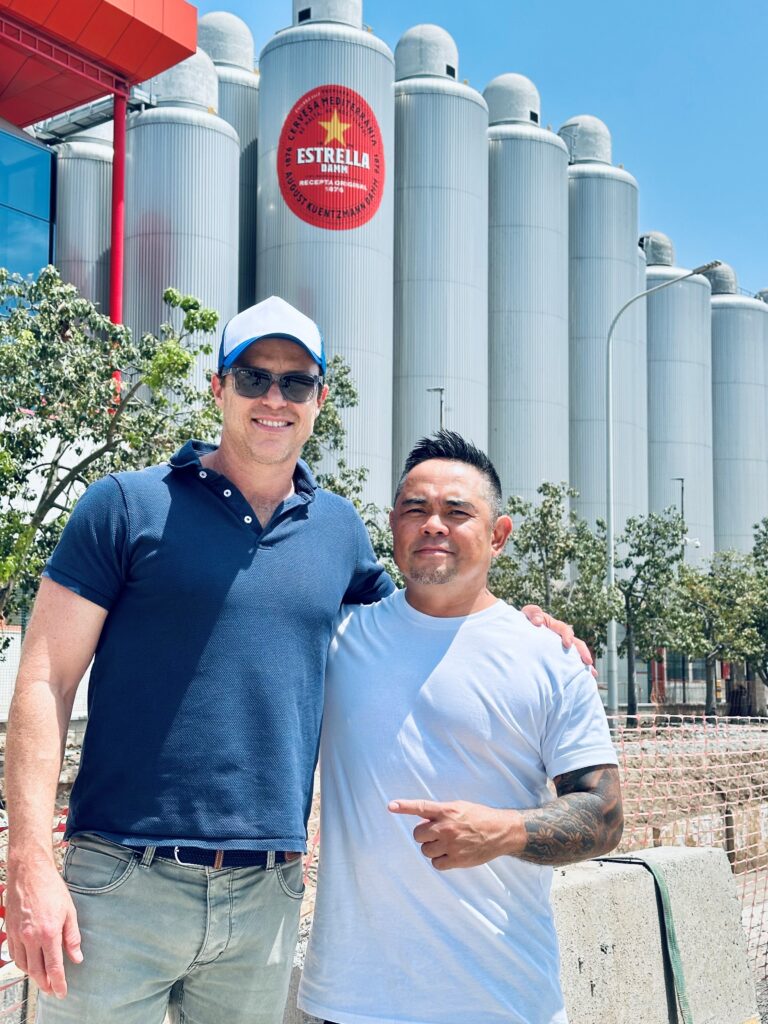
Mercat de la Boqueria, Barcelona
Operating since 1836, La Boqueria is a buzzing, colourful market that feeds the city’s locals – and tourists – every day. With over 250 traders across 2000+ square metres, it’s the busiest attraction in Barcelona, and for good reason. Dotted throughout are bars where you can grab freshly cooked tapas, pour a vermouth, and watch the chaos unfold.
Bodega J. Cala, Barcelona
This beloved neighbourhood bar in the industrial-feeling suburb of Badalona has been doing its thing for over 100 years – and it works. Most people start with a vermut and a plate of anchovies and olives. Simple, but a winning combo. Soak up the vintage atmosphere: wooden floors, barrels, famous photos, and the husband-and-wife owners, who’ve been running it for the past 45 years. Open daily from 11am-4pm. A real gem.
Paradiso, Barcelona
Voted World’s Best Bar in 2022 and a mainstay in the top 10 ever since, this modern speakeasy in the El Born neighbourhood is a global bucket-list bar. On arrival, you scan a QR code and join a virtual waitlist (about 90 minutes on our visit). Entry is through a deli selling toasties and cured meats – until a fridge door opens to reveal a dimly lit cocktail wonderland. Inside, expect theatrical bartending and avant-garde drinks that push every boundary.
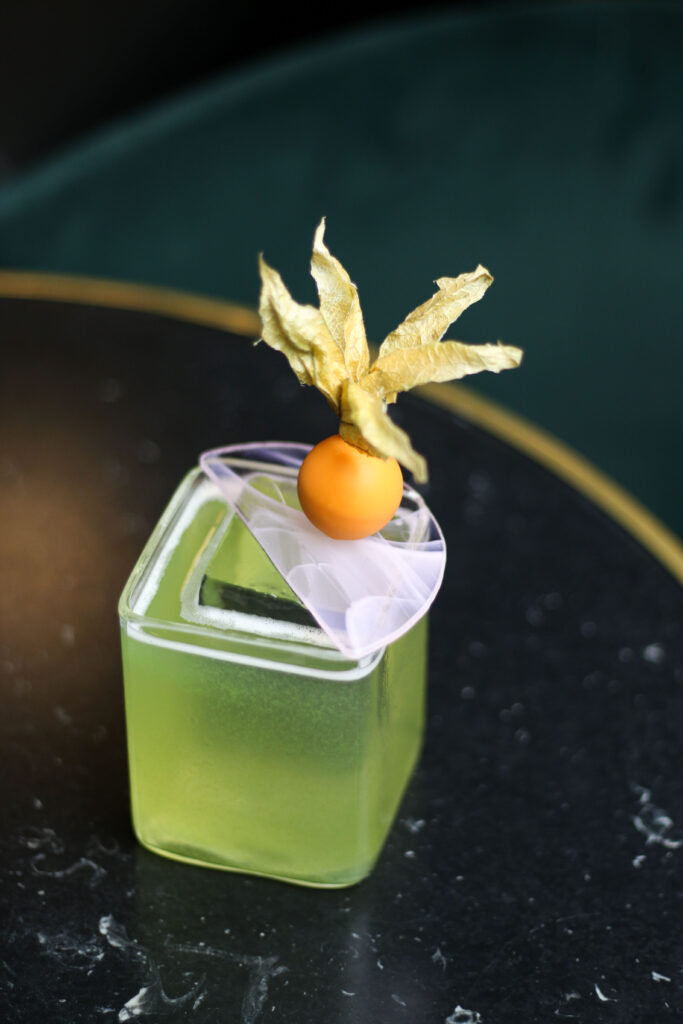
Sips Bar, Barcelona
Crowned World’s Best Bar in 2023, Sips takes cocktail culture in a totally different direction. Minimalist and sleek, the space looks more like a boutique restaurant than a bar, with no traditional counter – just a few central pod-style bars where bartenders and guests interact up close. Their mantra? “We don’t serve cocktails – we serve sips.” Expect a tasting menu of drinks infused with molecular gastronomy and serious creativity.
The Dry Martini Bar, Barcelona
This iconic venue looks every bit the classic hotel bar, and it’s been shaking martinis for over 30 years. Pedro Carbonell has helmed the bar since the beginning, working under founder Javier de las Muelas, who originally offered only one drink: the Dry Martini. These days, Pedro and his team of white-coated bartenders serve up a full list of classics, including their signature 50:50 Martini – equal parts gin and dry vermouth, a dash of bitters, finished with a lemon twist and Spanish olive. Because let’s be honest: without a respectful amount of vermouth, it’s not a Martini – it’s just chilled vodka or gin.

